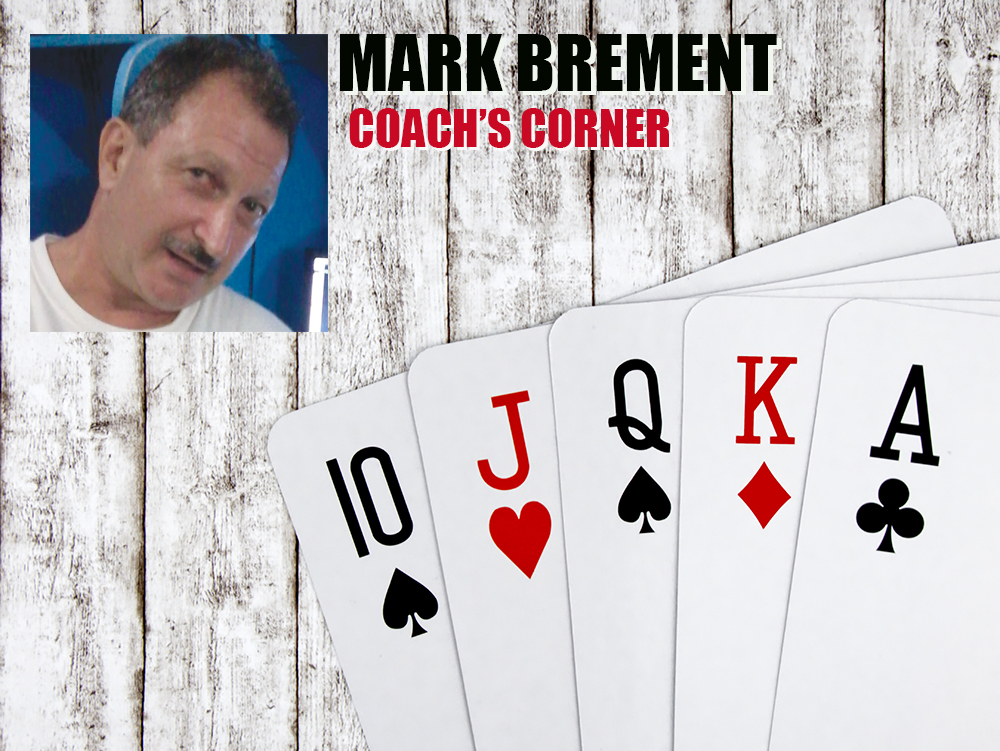I know a poker player and, by any measure, he’s a winning player. His numbers speak for themselves. We meet twice a month and besides that he does not seem to spend a whole lot of time with poker study. He has great habits on and off the table. When we analyze hands and review hands played, more often than not, he’s getting his money in good. So let’s explore hand analysis and discuss poker time off the table.
Reviewing hands played is tricky. In poker, we often come to an egregious conclusion that we “played it badly” after losing a big hand. We do this based on the result of the hand instead of breaking down the hand in a scientific manner. Most often, it’s not the result of the hand in question, but whether we made a call that will earn us money in the long run and whether we charged our opponent the right price. Hindsight in poker is a dangerous thing. Again, more often than not, we’ll come to the wrong conclusion and this can hurt us in the long run.
Keen hand analysis cannot be overlooked as an important component to your game. After losing a big pot or getting felted, we forget small but critical details about the hand in question. We focus on our last action instead of the whole story. Imagine that we three-barreled into an opponent who called and we had to muck the hand as we were caught bluffing. “Horrible play,” I have heard players say of themselves for what seems in reflection to be a dumb play. We forget we have used this play for many years and it has made us money in the long run.
The player gets caught up in a “reality-fiction” that he played it wrong and the next thing you know, he has adjusted his game. He’s not as aggressive as he used to be. The result is his numbers suffer and, in review, it’s hard to know why. We must keep ourselves honest. This is easier said than done. Three ideas that will help you:
• Hire a coach, such as me, for a monthly review; this will pay off in spades. I offer a free consult via email.
• Keep accurate records and, for the aforementioned example, keep a bluffing column. You might not be so quick to get down on yourself; so stay focused on the big picture.
• Create a poker study group. I’ve led a poker think-tank for more than five years and I think I learned as much from the group as they learned from me.
The player I mentioned in Paragraph 1 doesn’t spend much time in poker study. Some players study for an hour or two daily. It’s not “one size fits all.” What’s important is the decision to be active in your pursuit of poker happiness.
— Mark Brement has spent 15 years teaching and coaching all facets of poker, including at Pima CC. Email him at brementmark@gmail.com.



